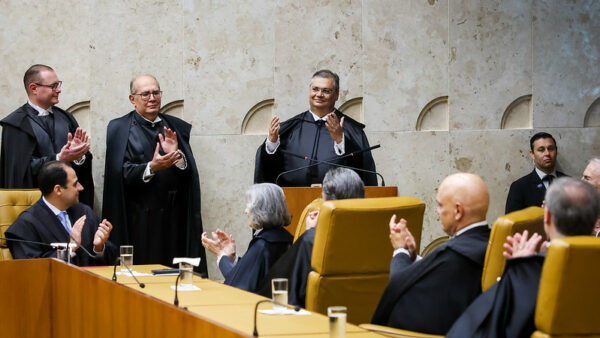As usual, both tourists and members of the press were dazzled by the sumptuous parades of Rio’s 13 elite samba schools. After months of preparation, several schools performed their very best, putting up an exciting show until sunrise. On Ash Wednesday, Rio crowned a new champion, Beija-Flor, which had produced a parade highlighting some of Brazil’s most bitter realities.
The runner-up, Paraíso do Tuiuti, also went full-throttle in its political approach by depicting President Michel Temer as a vampire and those who asked for Dilma Rousseff’s 2016 impeachment as puppets manipulated by elites.
It’s not exactly news to see politics infiltrating the otherwise festive atmosphere of Carnival. Last week, we at The Brazilian Report wrote about how those two topics go hand-in-hand. But let’s not get carried away and say something about how samba schools such as Beija-Flor and Tuiuti represent what Brazilians are feeling. While some of the schools’ messages were spot-on, they are not exactly on the moral high ground necessary to throw around punches.
For decades, it has been reported that Rio’s samba school parade has ties with organized crime. Back in 2012, an investigation by Rio’s State Prosecution Office showed that the self-denominated “world’s greatest spectacle” is a very effective way to launder money.
Carnival’s cash machine
Carnival...


 Search
Search






































